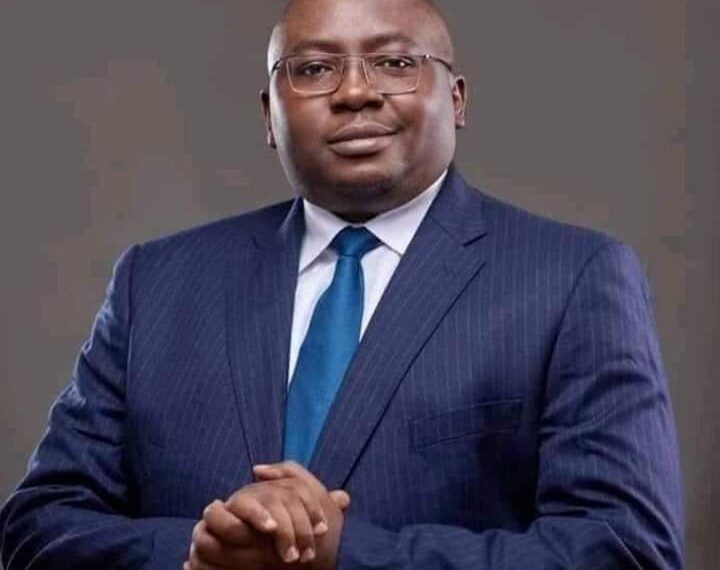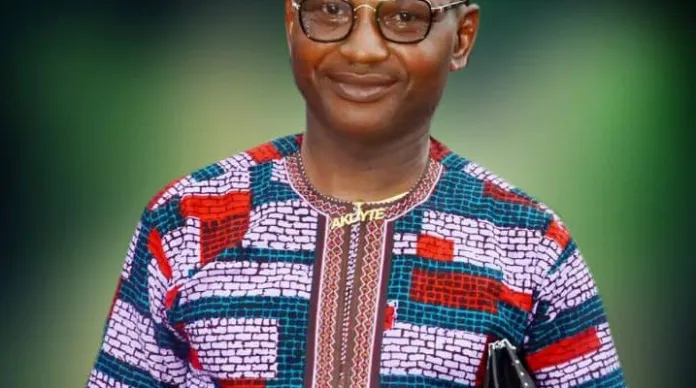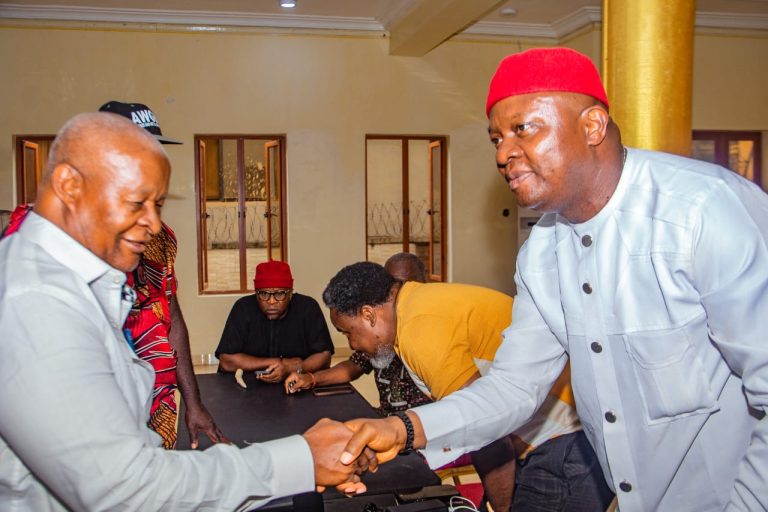Electricity: Nigerian govt offsets $120 million debt to Gas companies
The Nigerian government has paid over $120 million to offset some of the debts owed to the gas companies (GasCos), an official has said.
The Director, Decade of Gas Secretariat, Ed Ubong, disclosed this at the ongoing 7th edition of the Nigeria International Energy Summit (NIES 2024) in Abuja on Thursday.
“The arrears gas producers are owed as of last year was about $ 1.3 billion. But I am pleased that between October 2023 and the end of January, the government has paid over $120 million to offset some of that money,” Mr Ubong said.
Nigeria’s Minister of Power, Adebayo Adelabu, had earlier in the month said that the indebtedness of the country’s power sector to electricity generating companies (GenCos) and gas companies (GasCos) had risen to over N3 trillion.
“Today, we are owing a total of N1.3 trillion to the power generating companies, out of which 60 per cent is owed to gas suppliers. Today we have a legacy debt, before 2014, to the gas companies of $1.3 billion; at today’s rate, that is close to N2 trillion.
“Now, if you add N2 trillion legacy debt owed to gas companies and the N1.3 trillion being owed to GenCos, we have an inherited debt of over N3 trillion in this sector. How will the sector move forward? Nigerians deserve the right to know this.
“However, we are working underground to make sure that we resolve these issues and pay these debts either through cash injections or through guaranteed debt instruments to ensure the continuity in the generation of power,” Mr Adelabu said at the time.
Speaking on Thursday Mr Ubong said the government is also working on a framework that can mitigate most of the failures.
“More importantly, the government is also now working on a framework that can mitigate most of that failure. That’s a piece of work that is ongoing and we hope that it will be approved and then the industry can move away from that legacy issue.
“We must build a capacity for gas. The engineers, the technicians that will work in this new gas sector that we are looking at for the next eight months. And at the Secretariat, we are committed to that. We are looking for interns, we are looking for young people who are willing to join us and then provide their time and energy to support the wider and bigger goals of the sector.
“For the first time, we now have a ministerial committee that involves the minister of State for Gas and the Ministry of Power. Because power and gas go together. We are confident that when that becomes fully operational, that critical link between gas and power will lead to more sustainable solutions going forward,” he said.
Also speaking, the President, Nigerian Gas Association, Akachukwu Nwokedi, said that the legacy debt owed to players in the electricity value chain was among the factors eroding investors’ confidence and investments.
“We therefore recognise that there have been steps to clear the debts and I am happy to hear that over $120 million have already been cleared, but for us, it is not just about clearing the debts, which is a very good thing, but it is putting in place the right policies and mechanisms that will prevent reoccurrence.
“Then we have to call it the elephant in the room which is the multiplicity of taxes or levies in existing policy regulations, increasing the cost of doing business which chips away all the returns and discourages new and existing players,” he added.
Earlier in the month, the Nigerian government attributed the main cause of poor power supply to the country to the low supply of gas to generating companies.
The Transmission Company of Nigeria (TCN) had in January said that there was a gradual decrease in available generation into the grid due to gas constraints.
The company said this impacted the quantum of bulk power available on the transmission grid for onward transmission to the distribution load centres nationwide.







